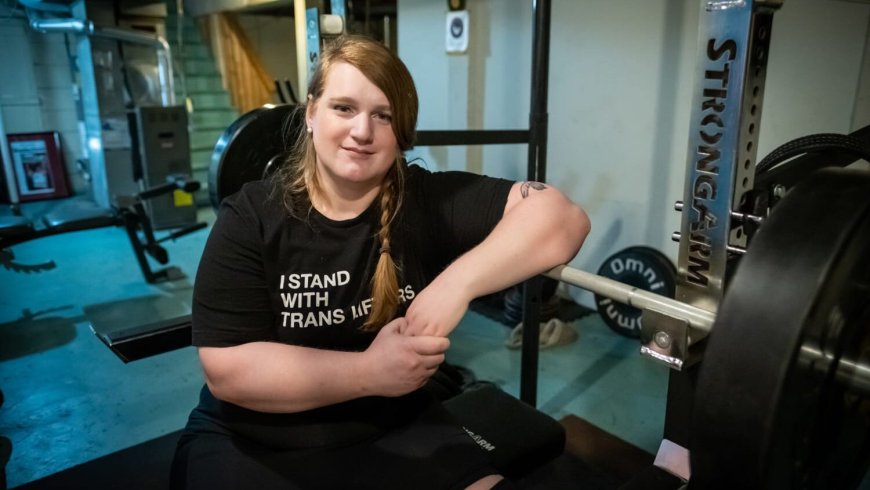Minnesota Supreme Court Rules in Favor of Trans Athlete JayCee Cooper, Finds Powerlifting Ban Discriminatory
The Minnesota Supreme Court says USA Powerlifting discriminated against trans athlete JayCee Cooper.

The Minnesota Supreme Court has ruled that USA Powerlifting discriminated against Minneapolis athlete JayCee Cooper by banning her from competing in the women’s division because she is transgender. The decision, issued Wednesday, upholds key parts of earlier rulings that found the organization violated the Minnesota Human Rights Act (MHRA), though some aspects of the case will return to district court. Court Says Ban Violates Human Rights Law
Chief Justice Natalie Hudson wrote that USA Powerlifting’s “facially discriminatory policy” directly showed bias based on Cooper’s gender identity. The court rejected the organization’s argument that its decision was motivated by competitive fairness rather than discrimination.
“There is no genuine issue of material fact as to whether Cooper’s transgender status actually motivated USA Powerlifting’s decision,” Hudson wrote.
However, the justices sent part of the case back to Ramsey County District Court to consider whether the league’s ban could still qualify under a “legitimate business purpose” defense. A Years-Long Legal Battle
Cooper, 35, first filed the lawsuit in 2021 after being denied entry to competitions in 2019. Lower courts ruled in her favor, finding the organization’s policy violated the MHRA. The case bounced through the appellate system before the state’s highest court took it up in July 2024.
The decision marks another major moment for transgender inclusion in sports, particularly in a state that recently expanded the MHRA to explicitly include gender identity. “A Huge Win” for Transgender Athletes
Gender Justice, the legal nonprofit representing Cooper, celebrated the outcome as a milestone.
“This is a huge win,” said Jess Braverman, the group’s legal director. “The court affirmed that USA Powerlifting’s policy is discriminatory under public accommodation law, and that’s what matters most.”
Braverman said the business-related portion of the lawsuit could continue in lower court but emphasized that Cooper’s main victory remains intact. USA Powerlifting Responds
Former USA Powerlifting president Larry Maile said the organization was “disappointed” with parts of the ruling but pleased the court left room to argue its case further.
“When fairness is the foundation of sport, categories matter,” Maile said, adding that the ruling could “force USAPL to become an agent of discrimination against women.” Political Reactions
Some Republican lawmakers criticized the decision, calling it a blow to women’s sports. House Speaker Lisa Demuth said the ruling was “a setback” for Title IX protections, while Rep. Harry Niska warned of “sweeping implications” for girls’ athletics statewide.
Still, LGBTQ+ advocates say the decision reinforces Minnesota’s status as a national leader in trans rights. Broader Implications
Chris Mosier, a former Team USA athlete and longtime trans advocate, praised the ruling’s significance. “It affirms what we’ve always known, trans people belong in sports and every other space in our world,” he said.
The decision could influence how other states interpret human rights protections for transgender athletes, particularly as similar cases advance through federal courts.
For now, Cooper’s victory underscores Minnesota’s growing legal precedent for inclusion, and signals that athletic governing bodies will face increasing scrutiny when excluding transgender competitors.

 Mark
Mark 





